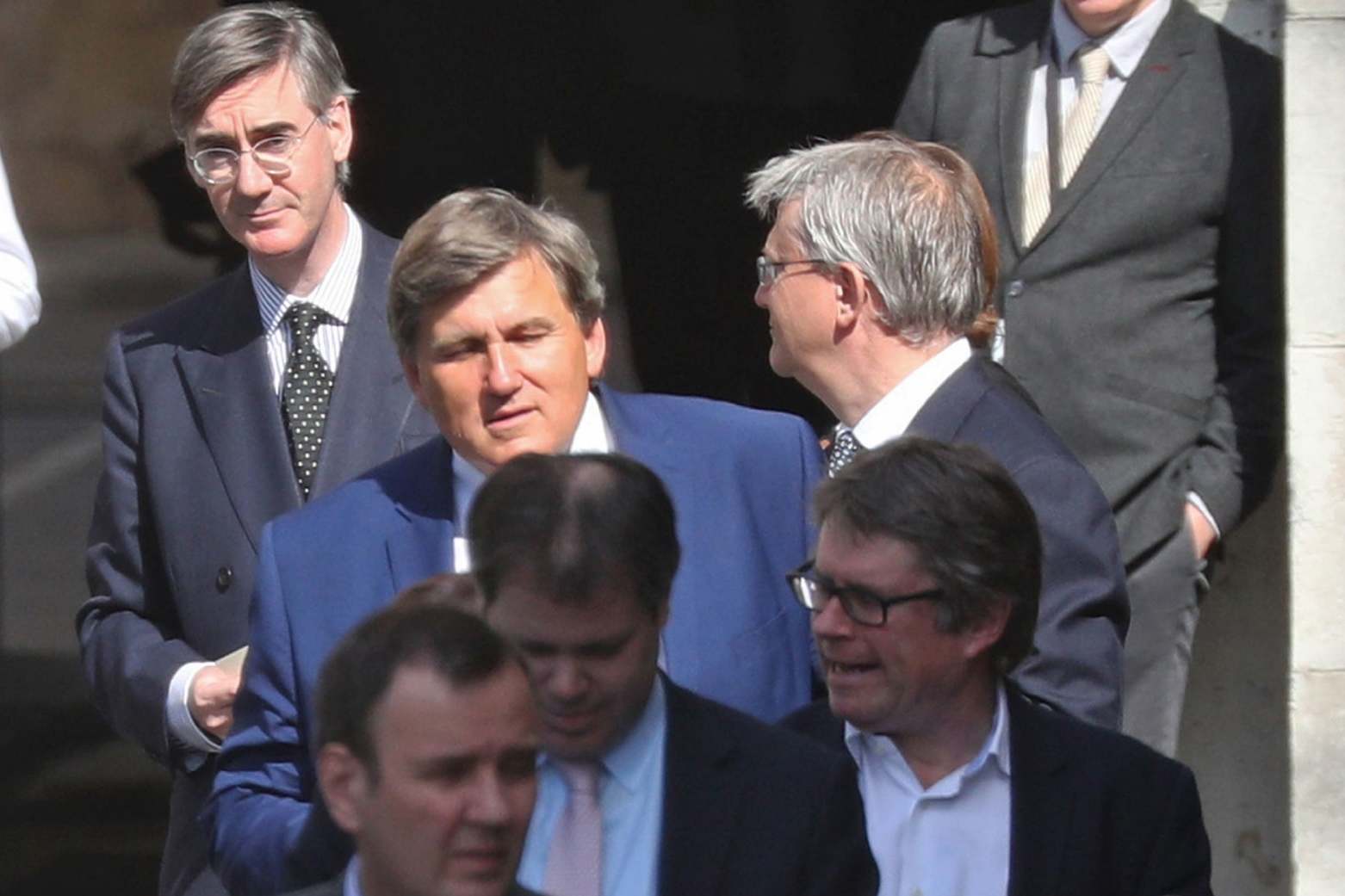How Jacob Rees-Mogg is making a mockery of British democracy
The consequences of the Commons leader’s obstinacy could force the government into yet another U-turn, writes Sean O'Grady

For a building completed in around 1870 (late and over budget), and in need of £4bn of refurbishment and riddled with vermin (no joke intended), the Palace of Westminster functions surprisingly well. But it does not, it has to be admitted, function efficiently at all in its traditional, neo-gothic way in the age of Covid.
After the business secretary, Alok Sharma, had to self-isolate and be tested for Covid-19 after showing signs of illness at the dispatch box, attention has turned once again to the government’s decision to end most of the remote-working “hybrid parliament” arrangements launched with the lockdown on 23 March. These were working, a few internet glitches aside, but have now mostly been scrapped. The restoration of the old ways has been pushed through by the leader of the House of Commons, Jacob Rees-Mogg. A noted traditionalist with a taste for interwar-era fashions, Rees-Mogg objected to members voting while walking in the sunshine, and highlighted the risk that a child might vote by accident (again, no joke intended). Others suggested that he wanted to restore the usual noisy claque of Tories to support the prime minister at question time.
Subscribe to Independent Premium to bookmark this article
Want to bookmark your favourite articles and stories to read or reference later? Start your Independent Premium subscription today.
Join our commenting forum
Join thought-provoking conversations, follow other Independent readers and see their replies